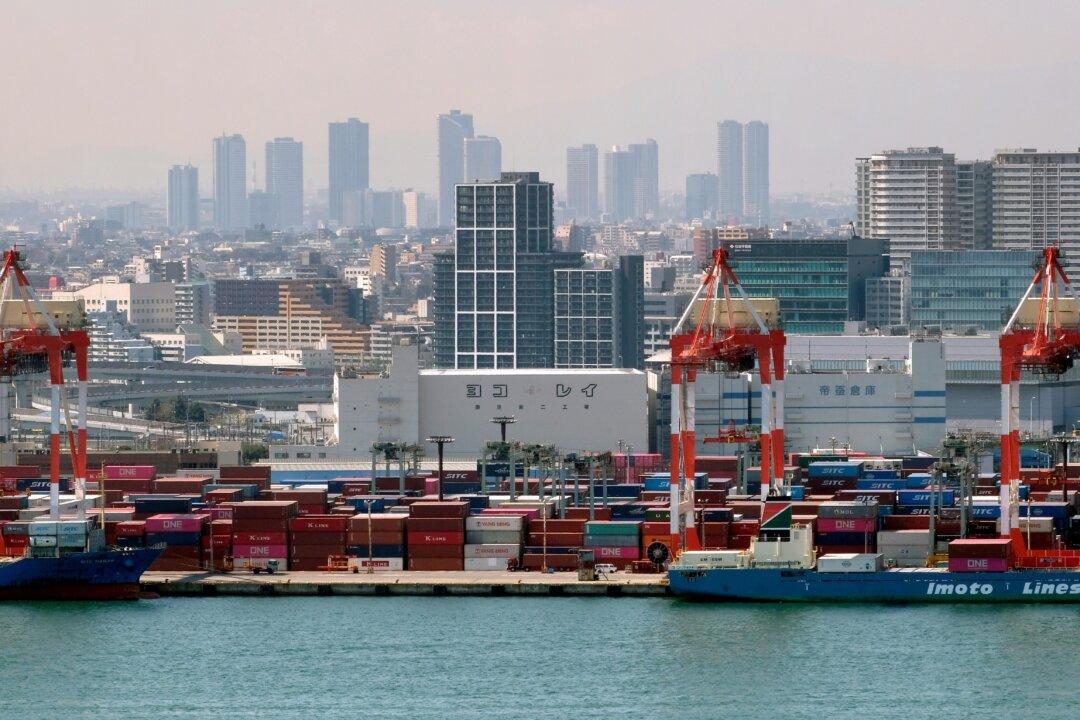Japan flagged its supply-side vulnerabilities in a recent report, highlighting risks posed by the country’s heavy dependence on Chinese imports.
On Feb. 3, Japan’s Cabinet Office released the latest edition of its twice-yearly World Economic Trends report. The report analyzes Japanese, American, and German goods trade with China, underscoring Japan’s larger share of imports from China compared to other major economies.





